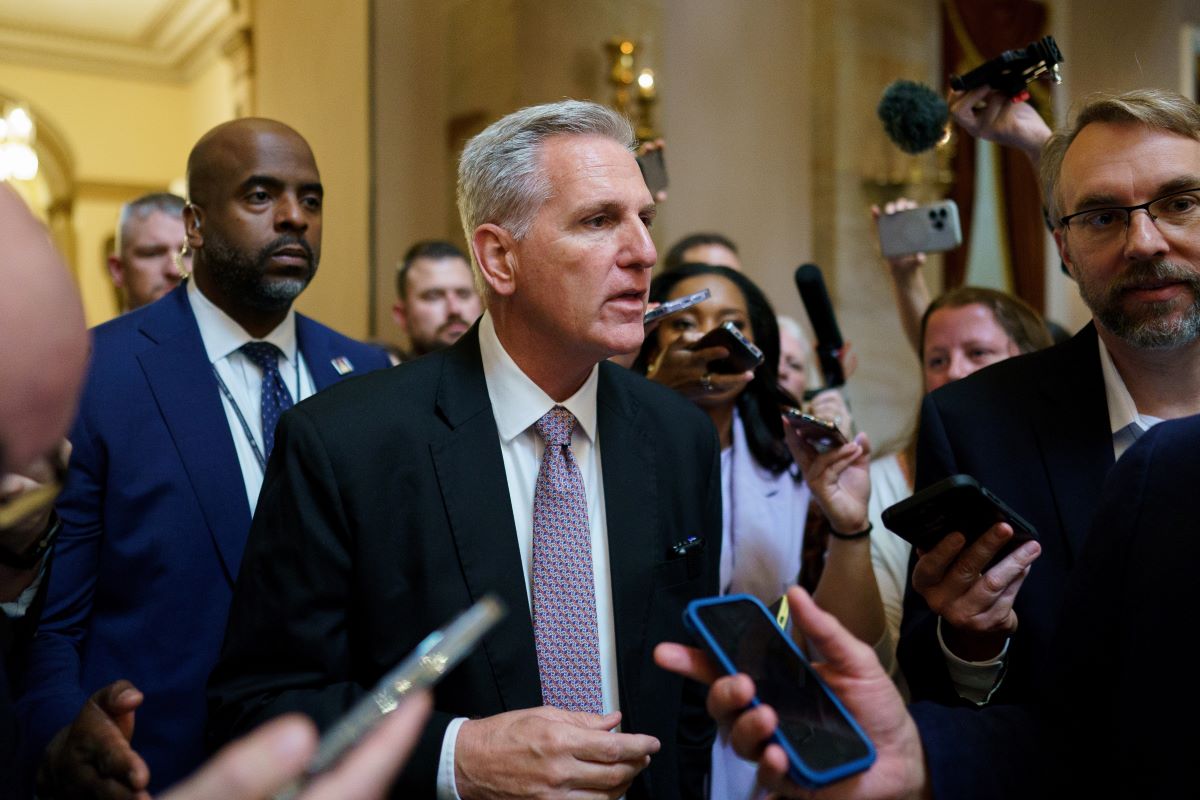Advocates are concerned that political gamesmanship in Congress over several short-term government spending bills could jeopardize funding for federal housing programs that help people exit homelessness.
Congress has until September 30 to pass 12 spending bills and avoid a government shutdown. A shutdown could cause lengthy disruptions in many administrative functions like filing applications for housing vouchers, applying for social benefits, or having access to bathrooms at national parks.
Social Security and Medicaid benefits would continue to flow because federal law does not require Congress to reauthorize spending for these programs every year.
Senate Appropriations Committee Chair Patty Murray (D-WA) and Vice-Chair Susan Collins have both said they aim to meet the September 30 deadline, which advocates with the National Low Income Housing Coalition said “strengthened the Senate’s hand” during negotiations.
However, gamesmanship by some House and Senate Republicans could upend the negotiations altogether.
On September 19, the Senate voted 49 to 48 to block a technical maneuver that would have allowed the body to circumvent objections raised by Republican Sens. Ron Johnson of Wisconsin and Rand Paul of Kentucky last week that has stalled negotiations.
Johnson objected to a so-called “minibus” spending bill that included the Senate’s Transportation, Housing, and Urban Development (THUD) bill, which is used to fund federal infrastructure and housing construction projects.
The THUD bill also includes $70 billion for rental assistance programs for low-income earning households, seniors, and people with disabilities. There is also $3.9 billion of funding for Homeless Assistance Grants, which are used to pay salaries for shelter staff and $8.9 billion for public housing.
That funding could become available at a time when more than 2.6 million households in the U.S. reported it was “somewhat” or “very” likely that they would be evicted from their home within the next two months, according to the Household Pulse Survey. The data shows that total is about 10% lower than it was at this time last year. But that doesn’t necessarily mean it’s getting easier to afford a rental.
Apartment List’s latest market report found that vacancy rates have increased over the last two years because of increasing supply. However, the average U.S. rent for a one-bedroom apartment has increased by 6% to $2,052 monthly. That is just $2 shy of the record-high set in August 2022, according to Rent.com. This means that the options available to renters are often market-rate or above, while more affordable options may be harder to find.
There are also deep ties between the lack of affordable housing and homelessness.
There were more than 580,000 people experiencing homelessness on a given night across the U.S. in 2022. Experts expect that number to rise this year because local counts in cities like Denver, San Diego, and Atlanta have all shown double-digit spikes in rates of homelessness over the last 12 months.
Johnson claimed he objected to the “minibus” bill because Democrats didn’t give Republicans enough time to review an amendment. Paul objected because it included additional aid for Ukraine.
“Just last week, 91 Senators voted to proceed to our first funding package, and every bill in that package passed our Committee unanimously this past summer,” Murray said on the Senate floor.
“But I want you to know, we are determined to make sure a handful of Senators don’t overrule the vast majority of us who worked on this package and want to see it move forward,” she continued.
Efforts in the House of Representatives have hit a similar brick wall.
Last weekend, Republicans reached an agreement over a continuing resolution—a short-term spending measure—known as House Resolution 8 that would slash non-defense spending by about 8%.
NLIHC said the bill is “guaranteed” to die in the Democrat-controlled Senate. This leaves Republican House Speaker Kevin McCarthy with a difficult choice: either hold a vote on the Senate spending bill and risk alienating a large portion of his caucus or allow the government to shut down.
Murray said the House’s bill is “not a serious proposal,” and it would effectively be a “gut punch” to families if it passed.
“It would cut drastically domestic funding even further—because let’s not forget the deal the President and Speaker agreed to forced us already to work with some very, really tough cut numbers, especially across the federal programs here at home that so many of our families count on,” Murray said.
How You Can Help
The pandemic proved that we need to rethink addressing homelessness in the U.S. It also showed that aid programs work when agencies and service organizations have sufficient funds and clear guidance on spending.
Contact your representatives and tell them you support keeping many of the pandemic-related aid programs in place for future use. They have proven effective at keeping people housed, which is the first step to solving homelessness.











